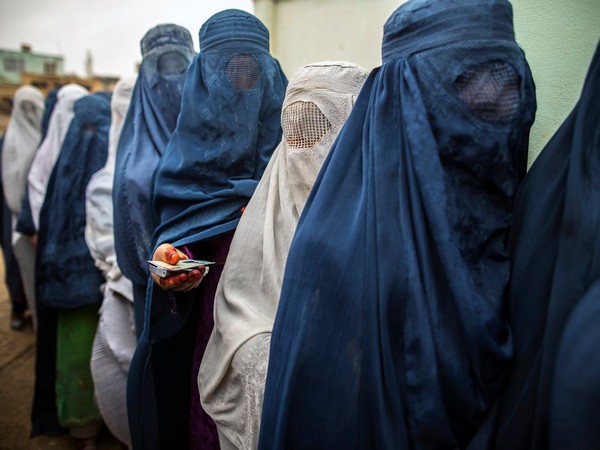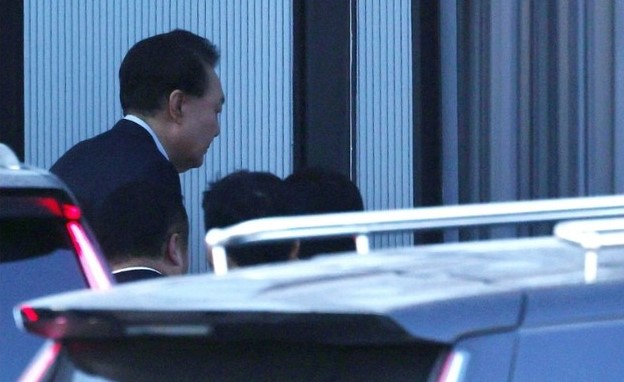Australia has announced it will ban individuals under the age of 16 from holding or creating accounts on YouTube, as part of its expanded Online Safety Amendment Act set to take effect on December 10, 2025.
The change marks a reversal from earlier government promises to exempt YouTube, which was originally viewed as an educational platform.
The shift came after strong recommendations by eSafety Commissioner Julie Inman‑Grant, who pointed to rising levels of exposure to harmful content, including violent and misogynistic material, among children aged 10 to 15.
“When we asked where they were experiencing harm, the most prevalent place was YouTube,” Inman‑Grant said. “This ranges from misogynistic content to hateful material, violent fighting videos, online challenges, disordered eating, and suicidal ideation.”
Government data shows that almost 40% of children in that age group have encountered harmful content on the platform. The eSafety Commission’s research also found YouTube’s algorithm-driven recommendations were a major factor in exposing minors to inappropriate material.
Tech Backlash and Enforcement Challenges
The policy now includes YouTube alongside previously mentioned platforms such as Instagram, TikTok, Snapchat, Facebook, X (formerly Twitter), and Reddit.
These services will be required to block under-16s from signing up, even with parental consent. Failure to comply could lead to fines of up to A$49.5 million (about USD $32 million).
While users will still be able to watch publicly available videos without signing in, all account-based features such as comments, subscriptions, uploads, and personalized feeds will be restricted to those over 16. YouTube Kids will remain accessible, as it does not allow user interaction.
The inclusion of YouTube has sparked backlash from major tech companies. Google, which owns YouTube, has threatened a legal challenge, arguing the policy could violate the constitutional right to political communication.
“YouTube is a video-sharing platform, not social media,” a spokesperson said. “We will consider next steps and continue to engage with the government.”
Other platforms previously critical of YouTube’s exemption welcomed the change, with Meta and Snapchat calling the initial plan “anti-competitive and short-sighted.”
Educators and parents have also voiced concern. Some argue the blanket ban could limit access to educational content and stifle creativity. Others have questioned how the law will be enforced, raising concerns about privacy and the implementation of age verification and government-backed digital ID systems.
The government has confirmed that platforms will not be allowed to demand passports or driver’s licences, and is exploring AI-based age estimation tools.
Prime Minister Anthony Albanese defended the move, saying “Social media is doing social harm to our children, and I want Australian parents to know that we have their backs.”
So, is Australia protecting its children—or overreaching into the digital rights of its youngest users? Let us know what you think in the comments.Rate, Like 👍, Comment💬, share this article, Follow us on our social media handles, and Submit your own story to get featured and earn rewards!






